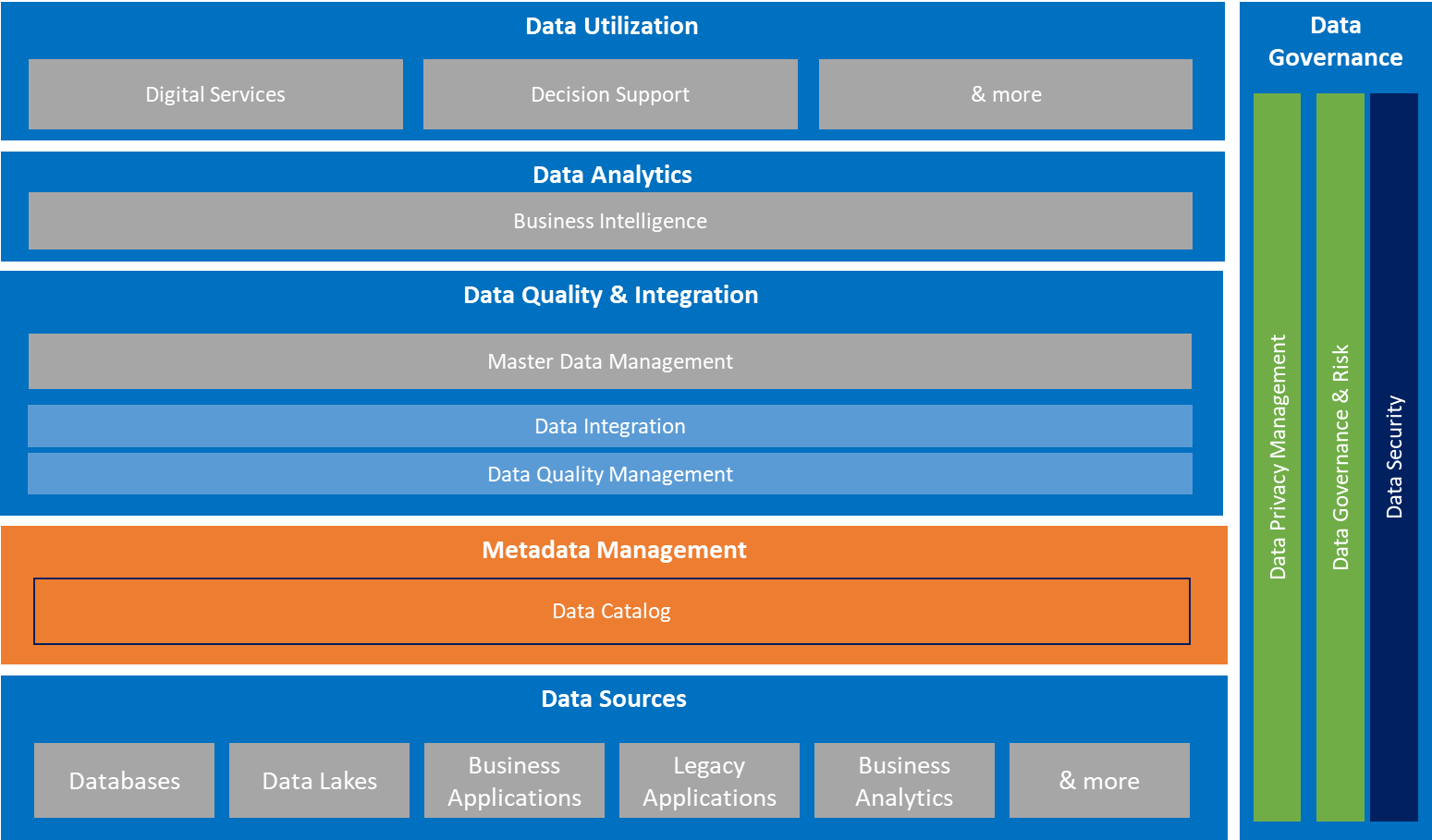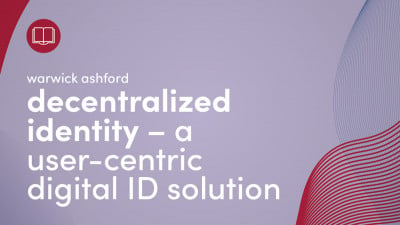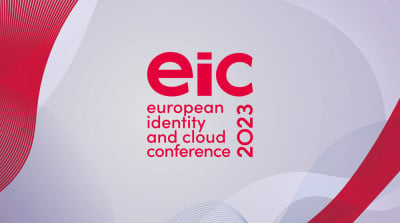1 Introduction / Executive Summary
The amount of data is continuously growing. Not only the amount, but also the number of places where data is kept is increasing, as is the variety of databases and other technologies for storing and managing data.
In an age where digital solutions build on data, from utilizing customer data for targeted management to all the varieties of AI (Artificial Intelligence) solutions found today with data-based decisions, having access to high quality data becomes an imperative. Statements such as “data is the new gold” or “data is the new oil” emphasize the importance of data in the digital age.
Over the years, the ability to manage data in organizations, to integrate data, and to enforce data quality has shifted from a technical capability to a business-critical capability, with data being the foundation for serving the business and the customers, as well as for decision making. Formerly segregated segments such as ETL (Extract, Transform, Load), Data Integration, and Data Quality are converging, as other areas such as Data Security and Data Governance are expanding and changing.

Figure 1: A high-level perspective on the KuppingerCole Data Fabric and the central place of Data Quality & Integration in such fabrics.
Organizations are increasingly looking for comprehensive Data Fabric approaches, which consolidate different technical components into a unified framework, enabling Data Utilization, but also delivering Data Governance, Data Privacy, and Data Governance across the entire stack.
A central layer in such Data Fabric is Data Quality & Integration, including Master Data Management as domain-specific set of solutions. Data Integration is the foundation, enabling the integration and transfer of data from data sources to business-level solutions. Integration inevitably requires solutions that increase data quality, but also support enrichment of data.
This Leadership Compass on Data Quality & Integration Solutions focuses on solutions that allow for data integration, including ETL (Extract, Transform, Load) and ELT (Extract, Load, Transform) approaches, but also data virtualization and other capabilities, on enforcing data quality in this process, and in supporting data enrichment. We see these solutions converging and believe that integration and quality cannot be treated separately. Data Quality and Data Integration deliver solutions such as the more business-centric Master Data Management, where master data is consolidated, cleansed and enhanced and then synchronized with applications, business processes and analytical tools.
In addition to covering the Data Quality & Integration market space, KuppingerCole Analysts has written other Leadership Compasses such as the ones on Data Security (formerly Database and Big Data Security) and Data Governance & Privacy (succeeding the former Leadership Compass on Privacy & Consent Management, taking an evolved perspective), and the recently published Leadership Compass on Metadata Management & Data Catalogs.
1.1 Highlights
- The offerings in the market for Data Quality and Data Integration are heterogeneous. Several vendors are specializing in Data Quality, while others focus on Data Integration. Some of the vendors offer equally strong solutions in both areas.
- Some of the vendors focus on business users, while others focus on developers. It is essential to understand the own use cases and requirements for picking the right vendor.
- Some of the vendors specialize in industry verticals or business use cases and deliver out-of-the-box support for these.
- More and more vendors are utilizing AI/ML capabilities for data profiling, data matching, and other capabilities.
- Most solutions consist of several modules/products. This requires careful analysis, given that not all of these come with consistent UIs and deep integration.
- Overall Leaders in this market segment in alphabetical order are: BigID, IBM, Informatica, Microsoft, Oracle, and Redpoint Global.
- Product Leaders in this market segment in alphabetical order are: BigID, IBM, Informatica, Oracle, and Redpoint Global.
- Innovation Leaders in this market segment in alphabetical order are: BigID, IBM, Informatica, Microsoft, Oracle, Redpoint Global, and Syniti.






































